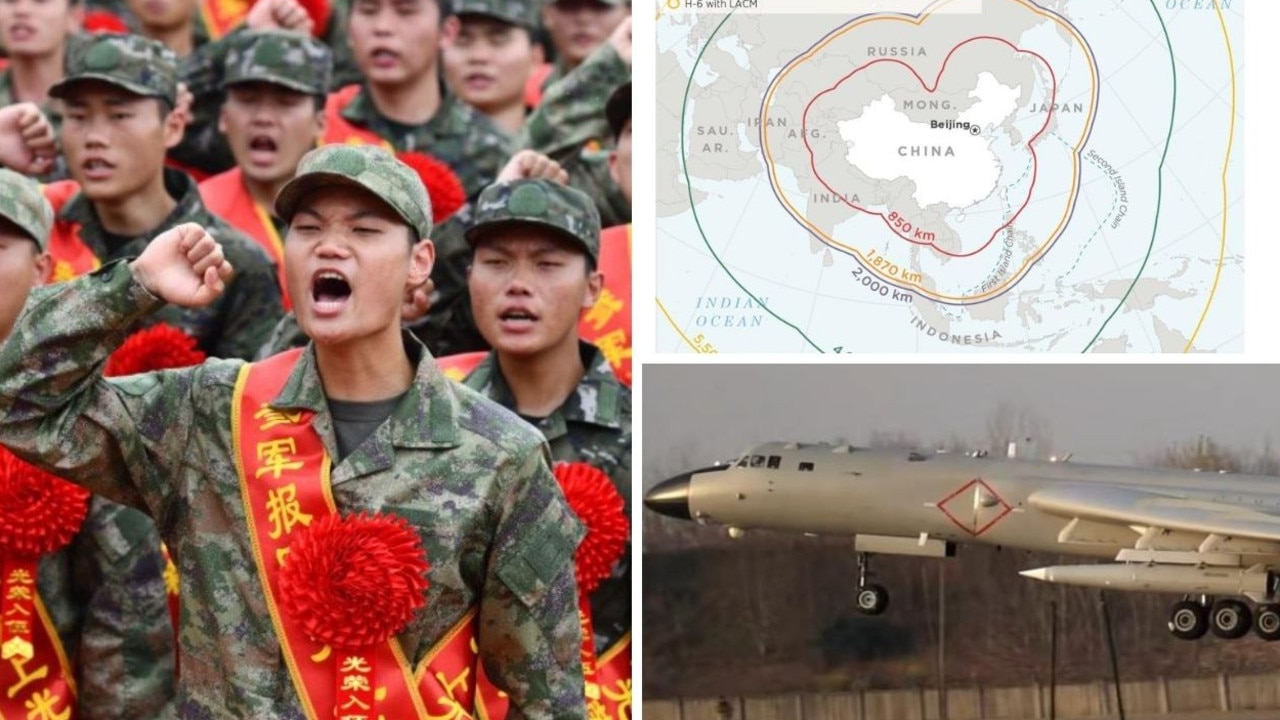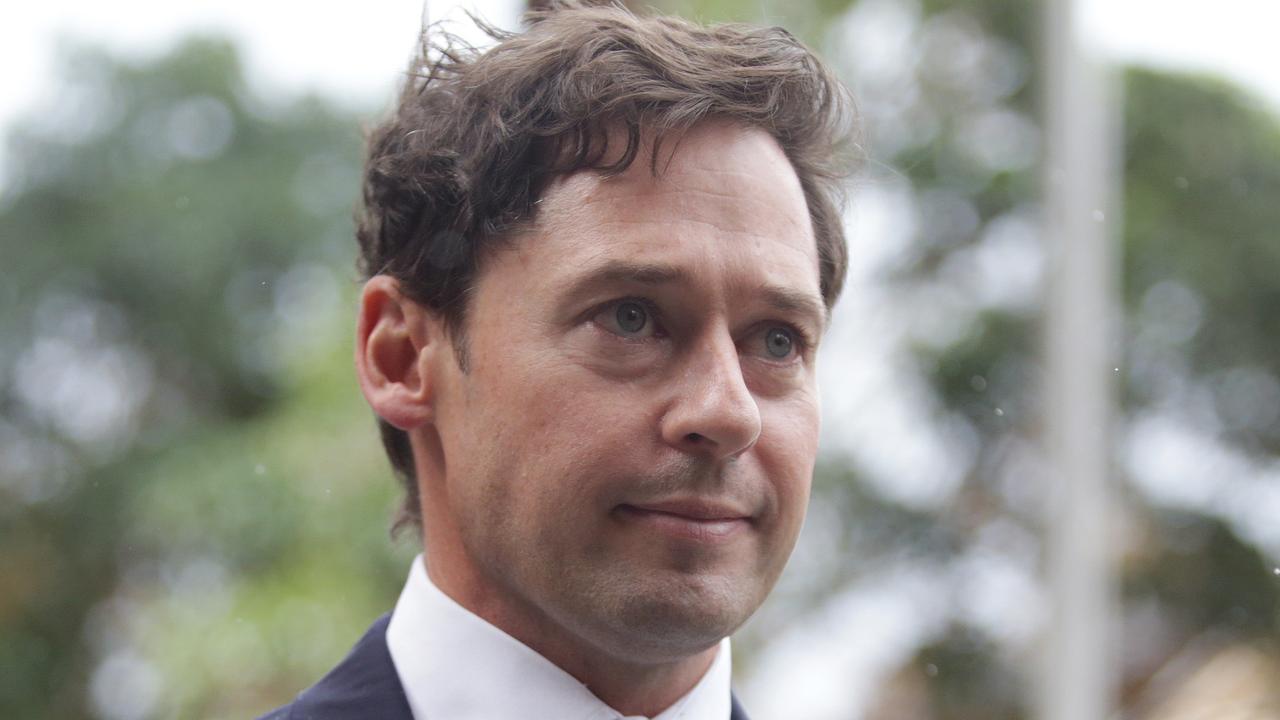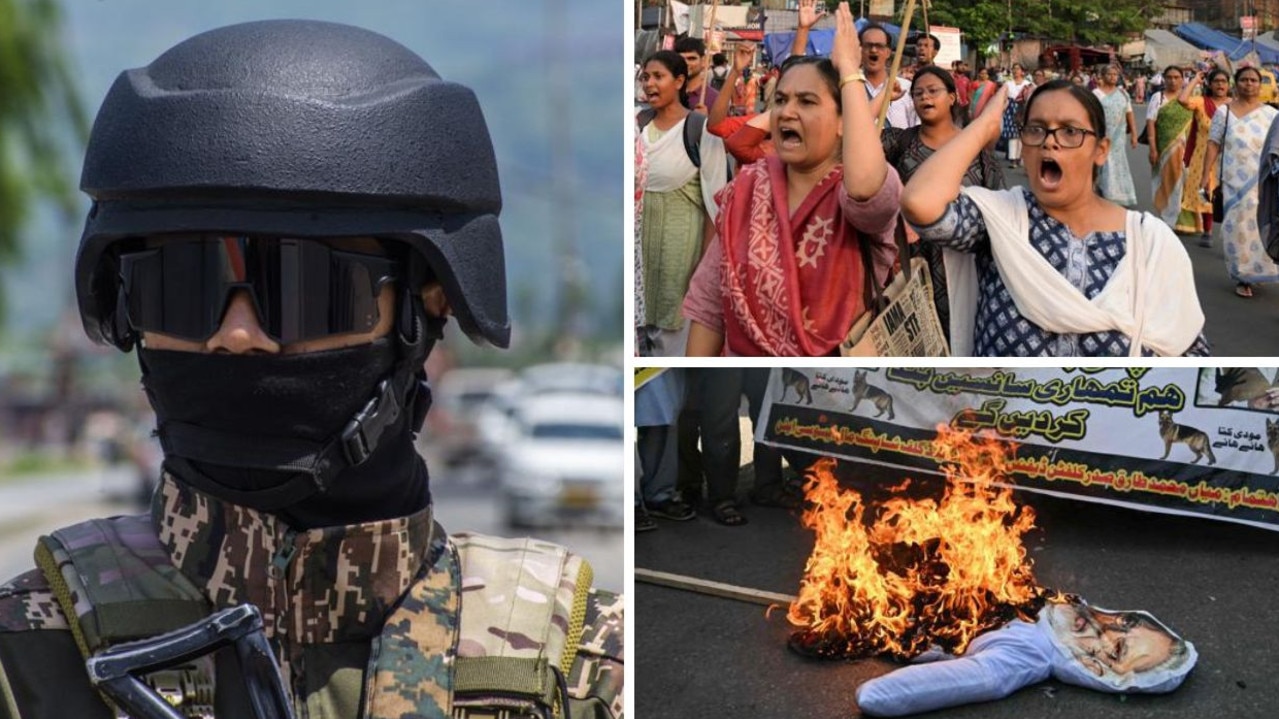Taiwan’s warning to ‘very hostile’ China ahead of Beijing Winter Olympic Games
Taiwan’s Foreign Minister has issued a stark warning over China’s escalating intimidation efforts, just days out from the Beijing Winter Olympic Games.
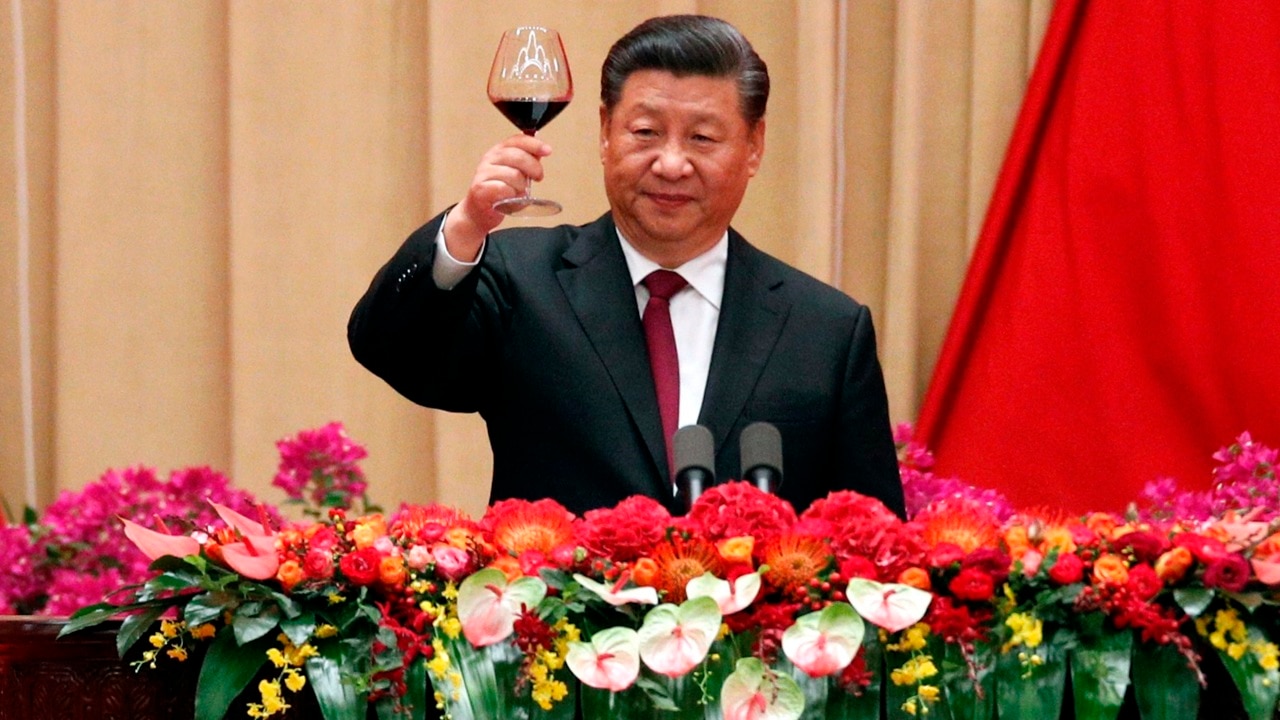
Taiwan’s Foreign Minister has issued a stark warning over China’s military threats, disinformation campaigns and economic coercion, just days away from the Beijing Winter Olympic Games.
China has long considered the neighbouring, democratically ruled island its “sacred” territory and has never renounced the use of force to ensure eventual unification. Officials have vowed to unify the island by 2049, with intimidation efforts escalating “more than ever” in recent months.
Taiwan was threatened by more than 1000 People’s Liberation Army warplanes in 2021, and last Sunday, 34 fighter jets and a bomber flew towards the island in China’s largest military incursion so far this year.
Speaking to The Sydney Morning Herald, Foreign Minister Joseph Wu said Taiwan was “not seeing any good signals coming out of China”.
“To the Taiwanese people, the Chinese will remain as hostile as ever in this new year,” he added.
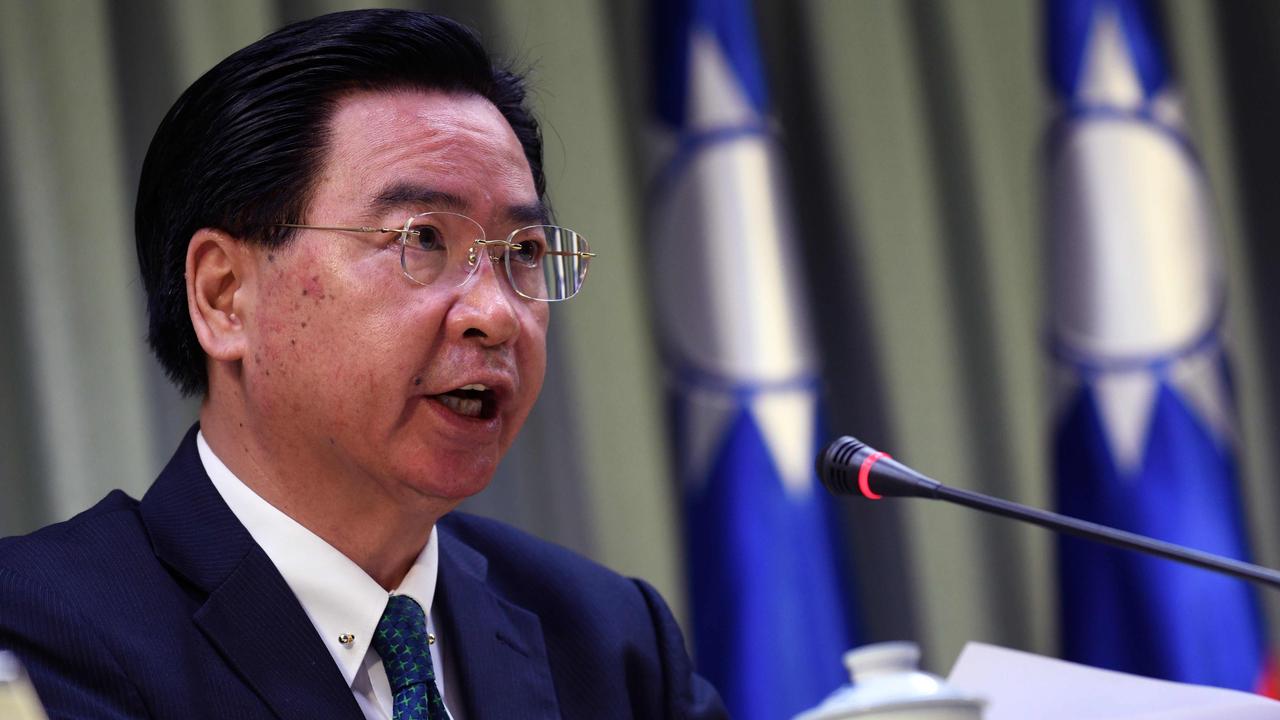
Mr Wu was government-sanctioned by the Chinese in November, who banned him from entering the mainland or working with Chinese organisations for “fanning up hostility across the Taiwan Strait and maliciously smearing the mainland”.
But, he told The Herald, Taiwan would not be silenced over its own treatment by China and allegations of human rights abuse by the Chinese Communist Party (CCP) in Xinjiang, Tibet and Hong Kong.
China has rejected claims of human rights abuse as part of a Western smear campaign, with Mr Wu suggesting their hosting of the Winter Olympics, which kick off on February 4, “seems to be giving the impression to the international community that nothing bad is happening”.
“But we should not forget about all these atrocities or genocide or crimes against humanity,” he added.
“We have been watching these issues very carefully, we will not forget about all this only because of the Winter Olympics. We will not stay quiet.”
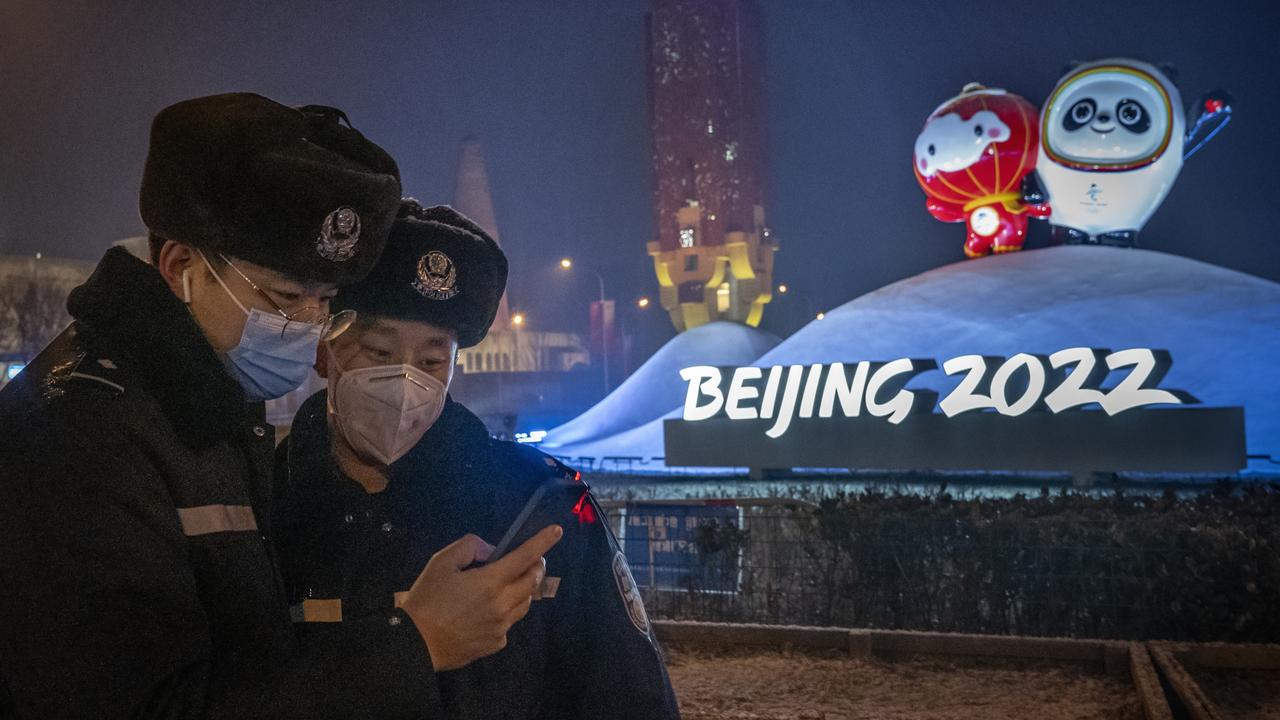
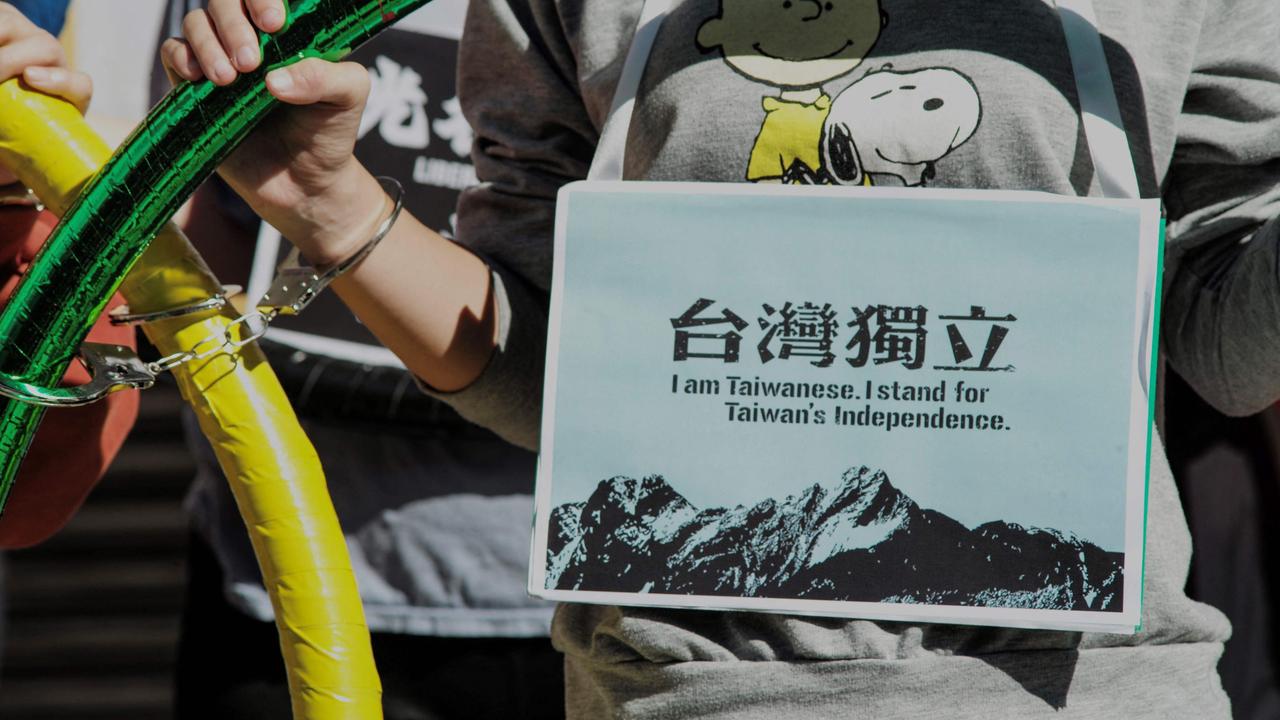
As part of a diplomatic boycott, Australia, the United Kingdom, the United States and Canada will not send any government officials to the Games.
More than two dozens leaders though, including from Russia and Singapore, will attend the Opening Ceremony this week, China’s Foreign Ministry announced on Friday night.
‘Biggest tinderbox’ between China and the US
Mr Wu’s comments come as Qin Gang, China’s ambassador to Washington, on Friday warned that a conflict between Taiwan and China could draw the latter into war with the US.
“The Taiwan issue is the biggest tinderbox between China and the United States,” he told America’s NPR radio.
“If the Taiwanese authorities, emboldened by the United States, keep going down the road for independence, it most likely will involve China and the United States, the two big countries, in military conflict.”
In November, Chinese President Xi Jinping warned his US counterpart Joe Biden that any support for Taiwanese independence from America would be “like playing with fire” and that “those who play with fire will get burned”.
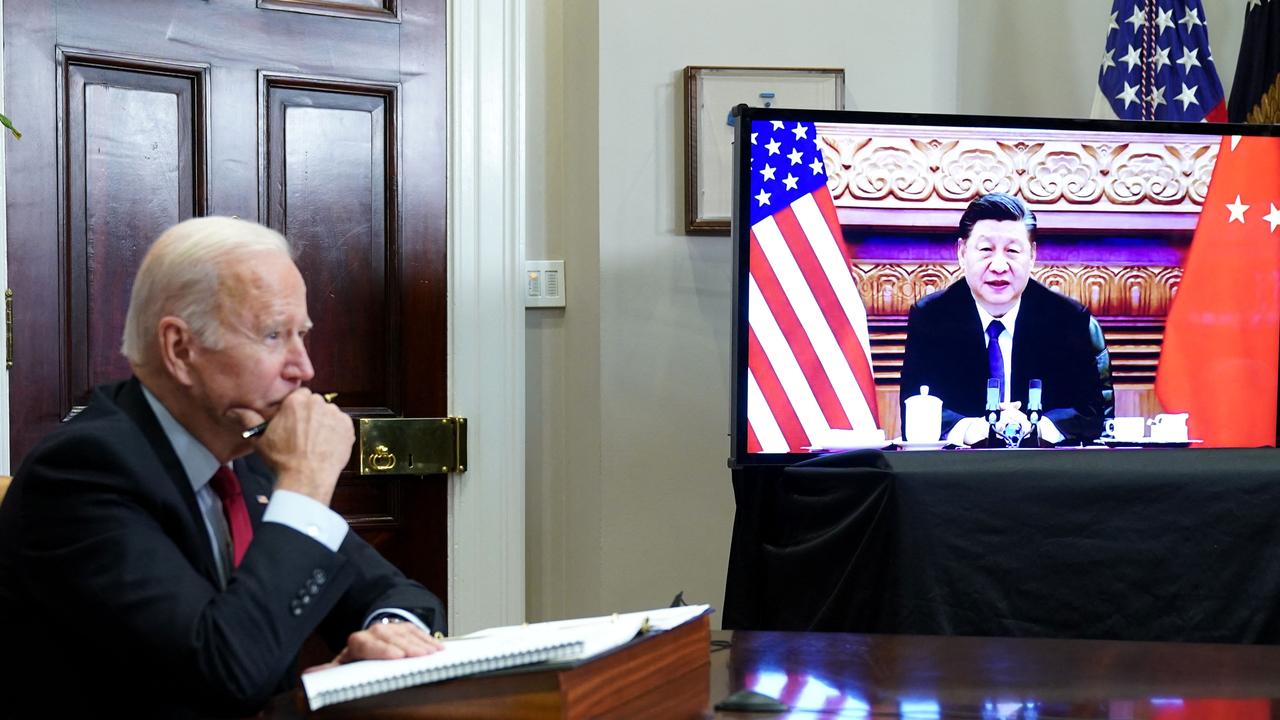
As for Australia, Defence Minister Peter Dutton has previously said it would be “inconceivable” for us not to join in the conflict if the US was forced to defend Taiwan.
Asked to comment, the US Defence Department said America remained committed to its “one China” policy and its commitments under the US Taiwan Relations Act.
Under the longstanding policy, Washington officially recognises Beijing rather than Taipei, while the act requires the US to provide Taiwan with the means to defend itself.
“We will continue to assist Taiwan in maintaining a sufficient self-defence capability while also maintaining our own capacity to resist any use of force that would jeopardise the security of the people of Taiwan,” a Pentagon spokesperson told Reuters.
Taiwan ‘able to take action at any time’
Intended to force Taiwan to surrender, China’s attempts to “infiltrate into democratic societies” and “destroy democracy” and “expand authoritarianism” under President Xi has had the opposite effect, Mr Wu told The Herald.
As the island prepares to intercept dozens of Chinese warplanes each week, he said its defence force had been given no choice but to target Chinese bombers with ground radars and air defence missiles.
“We don’t lock onto them because this will be considered a very hostile act, but we continue to monitor them in case they are coming too close, or they become more threatening, we could be able to take action at any time,” Mr Wu said.
More than 70 per cent of Taiwanese voters said they were willing to fight for the nation if China used force to achieve unification, a December poll by Taiwan’s Foundation for Democracy found.
“If you bow or show weakness, the Chinese will come with more pressure until you break. We don’t want to do that,” Mr Wu said.
“We want to let the Chinese understand that their pressure against Taiwan is having the opposite effect.”




